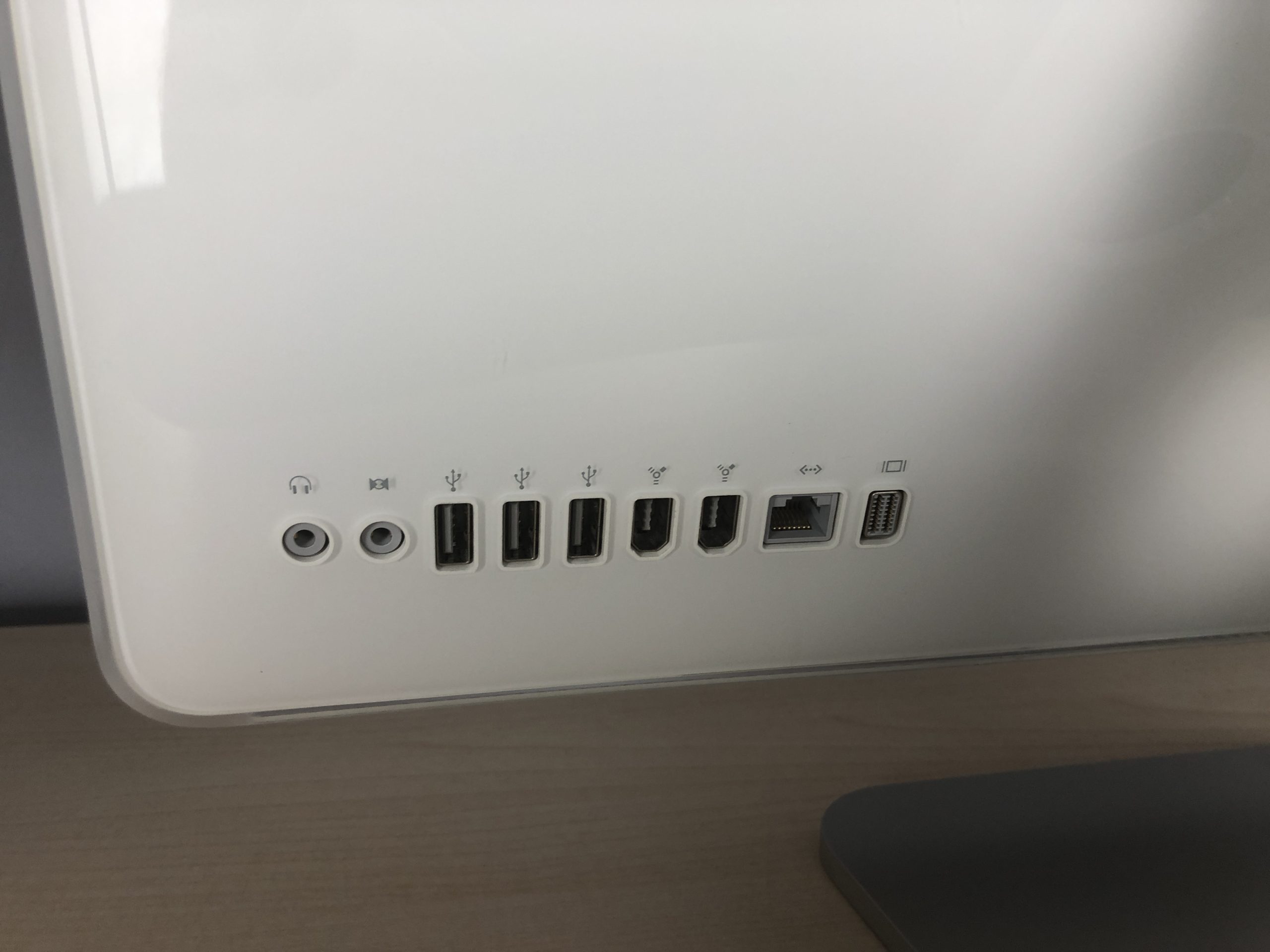AT&T Pays Hacker Over $300,000 to Delete Stolen Data: A Shocking Turn of Events
In a startling revelation, a hacker recently showcased a video allegedly demonstrating that they had deleted sensitive data after receiving a hefty payment from AT&T. The circumstances surrounding this incident raise numerous questions about the security measures employed by major corporations in light of cyber threats.
According to reports, AT&T reportedly paid this individual or group over $300,000, purportedly for the assurance that their stolen data would be erased. The hacker’s claim, supported by a video, has sparked widespread skepticism and amusement. Is a video truly a definitive form of evidence in such high-stakes situations?
The implications of this payment are significant. Critics argue that such a transaction might encourage future hacking attempts, as it sets a precedent where financial rewards may be seen as a viable escape route for cybercriminals. If a hacker can secure a substantial payout for deleting data, this could inadvertently fuel a cycle of continuous threats against corporations.
WIRED has reported on the video presented to AT&T, which the hacker claims proves the deletion of their stolen files. However, despite the serious nature of this breach, AT&T has chosen not to comment on the matter when approached by WIRED.
The unfolding of this situation prompts us to reflect on the effectiveness of corporate cybersecurity strategies and the ethical dilemmas surrounding ransom payments. It’s a cautionary tale that raises concerns not just for AT&T, but for the entire industry as we navigate the complex landscape of digital security.
For more detailed insights, check out the full story on WIRED: AT&T Paid Hacker $300,000 to Delete Stolen Call Records. Let us know your thoughts—does paying hackers really solve the problem, or does it simply pave the way for more cybercrime?
Share this content:




Thank you for sharing this insightful article. From a technical support perspective, it’s important to highlight that relying solely on video evidence from hackers is inherently risky and not a definitive indicator of data deletion or security breach resolution. Organizations should implement comprehensive cybersecurity measures such as encrypted backups, intrusion detection systems, and regular security audits to mitigate damages effectively.
Additionally, paying ransom or hackers can inadvertently encourage more attacks, as it may be perceived as a viable financial incentive. It’s advisable for organizations to report such incidents to authorities and work with cybersecurity professionals to assess and strengthen their defenses, rather than engaging directly with threat actors.
If you’re managing or securing a network, ensure your incident response plan includes clear protocols for dealing with such scenarios, focusing on evidence collection, system recovery, and avoiding negotiations that could compromise your security posture.
Feel free to reach out if you need assistance with strengthening your cybersecurity infrastructure or incident response strategies.